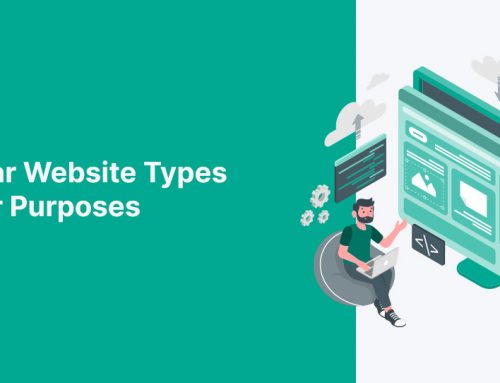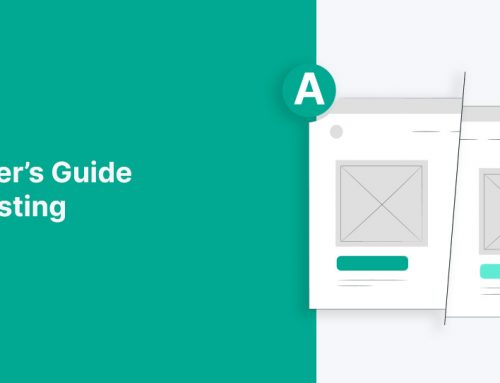Ever wondered why it’s so easy for Instagram celebrities to convince people to purchase practically anything? You can find a model who has never driven in her life promoting car insurance and all of a sudden you have over 10 thousand people changing their plans.
That’s because her followers have been surveying her for a while and have grown to trust her content. They turn to her for guidance, mimic her style, want to know where she shops, who her dentist is, what she puts on her pizza. When she offers them something she says is of value, they soak it up immediately. The same thing happens when you use content marketing to promote your business.
Content marketing focuses on creating valuable content to attract an audience and eventually secure sales. You’re not an uninvited pop-up ad that freezes a page. Not even a sponsored post. You’re subtler than that.
The core of content marketing is to form a relationship with the people viewing your website. You may have been an anonymous face five minutes ago, but the more you develop useful and relevant content, the more you develop your brand’s following.
It goes something like this. Say you’re a dietician who posts an article about which foods burn the most calories. It’s informative, well-written and laced with relevant information that’s actually beneficial. Emma wants to lose weight and stumbles upon your article while scouring the internet for advice. Through the information you’ve supplied, she also learns that you’re an expert in the field. She starts to trust you. And then she comes back, again and again, until suddenly she decides to ditch the DIY route and request a consultation. With this method, you’ve managed to convert a causal reader to an avid fan and then a paying customer.
That’s because content marketing builds brand awareness
With more content comes more opportunities for exposure. Whether it’s through a blog, a video or an e-book, you’ve abandoned the traditional in-your-face strategies for more informative forms of advertising. You look like you know what you’re talking about and you solve people’s problems without asking for anything in return. This method drives traffic to your site and lets you introduce your brand with the best possible first impression.
Content marketing creates more opportunities for you to develop leads
And isn’t that the whole point?
Unless you’re the first of your kind, you’re competing against a sea of similar businesses. What differentiates you in this case is that someone may not have even been looking to make a purchase when they stumbled upon your blog. Now you’ve elicited their interest and created an association between your selected service and your brand. Now you might inspire a visitor to enter their contact information to download your e-book or sign up for your services.
Content marketing is perfect for Call to Actions (CTAs)
A blog post lets you sprinkle in well-coordinated CTAs that effortlessly secure conversions. In fact, according to HubSpot, business’ who utilize blogging are 13 times more likely to see a positive Return on Investment.
This is different from an email or a landing page because people have to know your brand or have an interest in your type of service in order to see them. When you market your content as something that simply poses a solution to a problem, you end up attracting anyone, on any device, from any zip code.
You have the power to write your content compellingly in order to guide users to your CTAs, and let your landing pages take it from there.
The type of content you’re creating is evergreen
Newsy features and trendy topics might serve as temporary clickbait, but their relevance expires rather quickly and you’ll find them collecting dust as time passes.
Content marketing is different.
The topics you’re talking about are queries that people will always search. They don’t rust with disuse. As long as someone is looking, your content will always be valuable.
Content marketing increases your SEO
It’s a chain reaction. High-quality posts mean more clicks and lower bounce rates. That expands your value in the eyes of Google and places your website higher on search engine result pages. Content that utilizes inbound marketing, which is educational and useful, tends to rate higher on Google because it’s not disruptive. That helpful content might also motivate someone to share it, which leads to more visitors and more developments on the SEO front.
Most importantly, though, is that you inspire people to come back.
If Emma notices a shift in her weight after reading your blog, odds are she’s going to be back next week. This is the thread that ties you to future customers – trust. A relationship.
This is important because your market is finding you instead of the other way around. Your content becomes centered around a community and becomes so much more than just words. When you become an authority in your field, you gain a certain level of clout that wins you constant refreshes and repeated searches. You gain a following. Ultimately, that’s what really matters here, that audience.
Takeaway:
- Content marketing is a method of marketing that focuses on producing useful, relevant and informative content
- Using this for your business builds brand awareness and increases trust
Content marketing helps you develop leads and stand out from your competitors - It increases your SEO
- You’re creating evergreen content that’s always relevant
- You’ll inspire people to keep engaging with your brand

![10 Reasons Why Your Startup Will Mostly Fail [case studies]](https://25457140.fs1.hubspotusercontent-eu1.net/hub/25457140/hubfs/Imported_Blog_Media/24-10-Reasons-Why-Your-Startup-Will-Mostly-Fail-Header-500x383-Oct-02-2023-10-58-06-4774-AM.jpg?width=500&height=383&name=24-10-Reasons-Why-Your-Startup-Will-Mostly-Fail-Header-500x383-Oct-02-2023-10-58-06-4774-AM.jpg)





